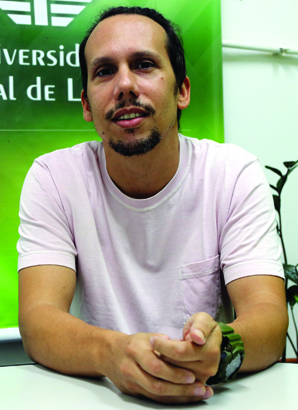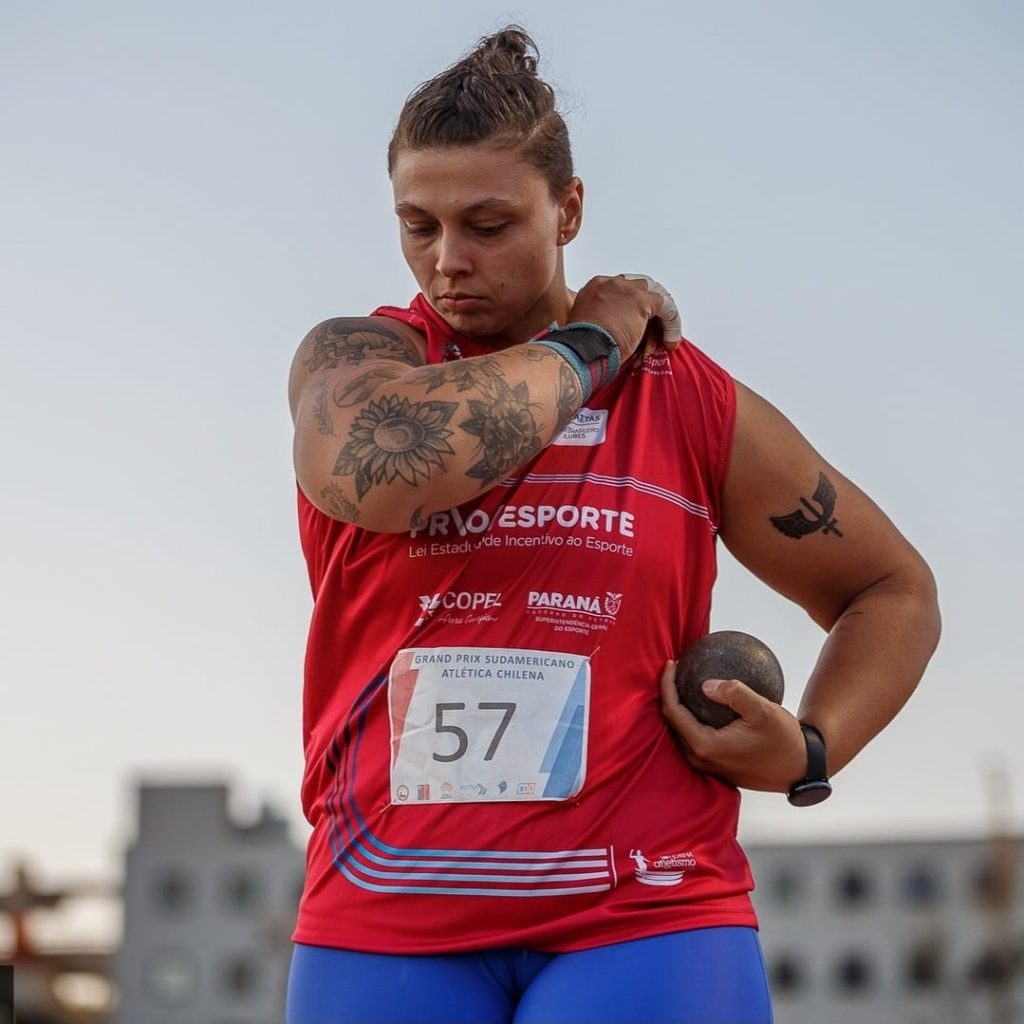[EN] Researchers analyze impacts of the pandemic on milk production
[EN] Researchers analyze impacts of the pandemic on milk production
Matéria originalmente publicada no Jornal Notícia, edição nº 1417. Traduzida pela equipe do Paraná Fala Inglês.There are still few studies on the effects of the pandemic on society, even in the economic sector. However, the Animal Products Inspection Laboratory (LIPOA)1 at the State University of Londrina (UEL) has already detected some effects on the quality of milk consumed in the Northern region of Paraná State. Nothing to worry the consumers, but any change is recorded and reported to the Health Surveillance Agency, which routinely requests the analyses.
The Health Surveillance Agency visits commercial establishments, collects samples, and sends them to LIPOA for microbiological and physicochemical analysis of the milk. The samples come from approximately 20 dairy farms across 13 municipalities in the region. The microbiological analysis assesses the quantity of bacteria present in the product, while the physicochemical analysis focuses on fat levels, the presence of enzymes (post-pasteurization), and water content, using the cryoscopic technique (freezing).
Professor Rafael Fagnani, from the Department of Veterinary Preventive Medicine at the Academic Division of Agricultural Sciences2, and the head of the laboratory, explains the issue. According to the professor, in addition to the decrease in demand and the increase in dairy product prices, which are always noticed by consumers, dairy industries have also faced internal difficulties, especially in meeting the required quality parameters for pasteurized milk production. It is worth noting that the LIPOA data covers the period from 2015 to 2020, thus including the beginning of the pandemic, but not its peak.
“To get a better picture, in the first year of the pandemic, the non-compliance rate for cryoscopy was 50 times higher compared to the average of the previous 5 years,” reports the professor. The higher water content in the milk could be intentional or a result of problems in the cleaning of the production equipment. One possible explanation lies in the reduction of staff during the quarantine period, coupled with irregular access to processing inputs such as animal feed, fuel, milking machines, and vaccines, among others. Even the monitoring and inspection processes were affected by sanitary measures, and, as a result, the laboratory also experienced an impact. In a typical year, it would receive around 900 samples for analysis. However, in 2020, the number dropped to less than 300. Although the numbers are increasing, they have not yet reached pre-pandemic levels.

According to the analysis, the main challenge for the dairy producers in the Northern Paraná region lies in meeting the required bacteria levels in pasteurized milk. The study revealed that approximately 8% of the samples received between 2015 and 2020 did not meet this parameter, indicating contamination after the pasteurization process. “These failures are primarily related to industrial cleaning,” states Professor Rafael.
Partnership
LIPOA has been monitoring milk quality for over 30 years. The data is periodically analyzed by the technical team and submitted for publication in scientific journals. In this latest compilation, nearly 1,800 samples from 2015 to 2020 were analyzed. The data has already been accepted by an important international journal, the Journal of Dairy Research. The objective is to alert regulatory bodies and industry professionals, highlighting the most recurring issues.
The laboratory actively engages in extension activities to mitigate this problem and to support dairies in ensuring quality by providing courses and consultancy services. It currently receives support from the National Institute of Science, Technology, and Innovation (INCT – Leite)3, coordinated by Professor Amauri Alcindo Alfieri, also from the Academic Division of Agricultural Sciences (CCA) at UEL. The team consists of two professors, one senior technician, eight residents, and several master’s and doctoral students in Animal Science, as well as undergraduate students involved in Scientific Research (IC).
Tradução: Raquel Prette. Revisão: Ana Paula Queirós dos Santos Aires. Supervisão: Fernanda Machado Brener, coordenadora institucional do Paraná Fala Inglês (PFI).
Texto original em português: Pesquisadores analisam impactos da pandemia na produção de leite.
Glossário:
1 Laboratório de Inspeção de Produtos de Origem Animal
2 Departamento de Medicina Veterinária Preventiva
3 Instituto Nacional de Ciência, Tecnologia e Inovação (INCT – Leite)




